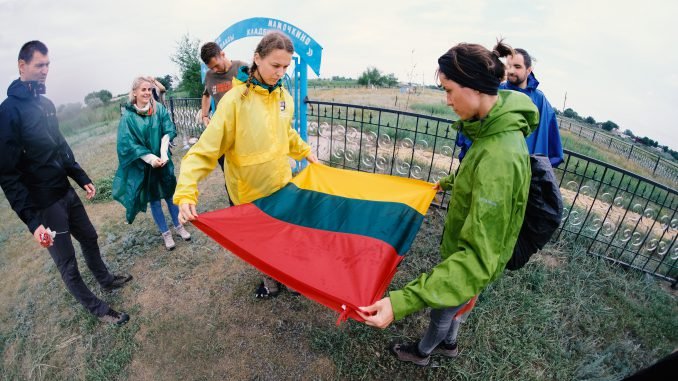
This year, Moscow refused to do so by not issuing visas to Mission Siberia participants visiting and tending to the places of imprisonment and burial of Lithuanians in Siberia.
“Participants of the convention of Lithuanian political prisoners and deportees demand that the Russian Federation renounces its tendentious and unfounded assessment of the Mission Siberia activity, stops creating artificial obstacles and looking for a pretext to block this youth initiative and issues future permits to this non-political organization without any restrictions for carrying out this noble mission at the places of Lithuanian deportations,” the conventions’ resolution reads.
This year, Russia refused to issue visas to Mission Siberia participants, claiming that the Baltic state allegedly pays insufficient attention to tending to monuments for WWII victims in the country.
Moscow accuses Vilnius of freezing talks on an intergovernmental agreement on regulating such tending.
Participants of the convention of former political prisoners and deportees say Russia’s decision not to issues visas was “unfounded and disproportionate”.
“Mission Siberia’s activity is no political. It’s a purely civic, humanist and public initiative aimed at honoring the victims of Soviet repressions and deportations, and preserving the places of their burial,” the resolution states.
After Russia refused to issue visas, Mission Siberia participants went to Kazakhstan for the first time since the launch of the initiative in 2006.
Around 20,000 Lithuanian could have been imprisoned at the Karlag Gulag labor camp. Around 5,000 Lithuanians still live in Kazakhstan.
Around 130,000 people were deported from Lithuania in 1940–1953 after the Soviets occupied the Baltic country.

Be the first to comment